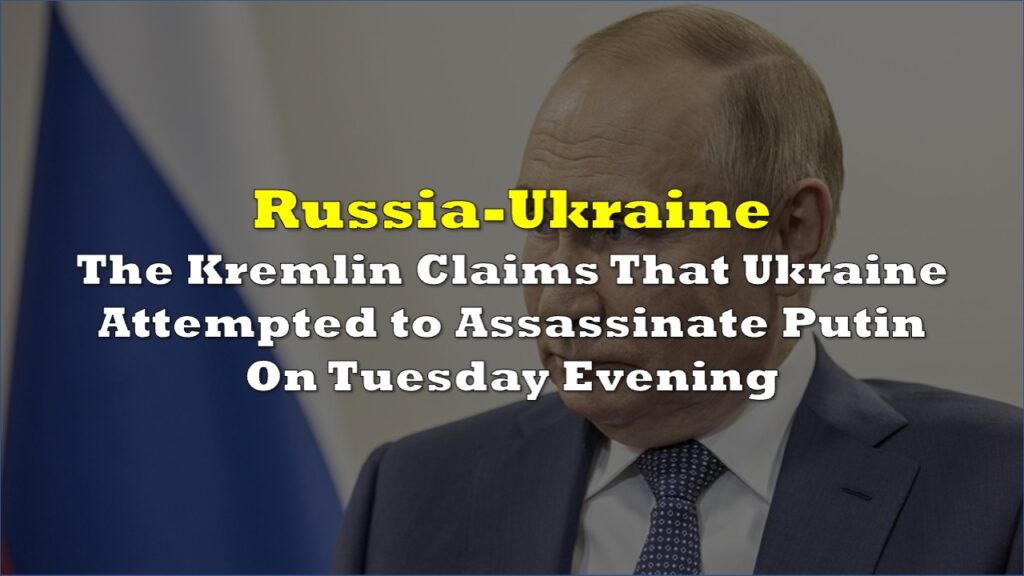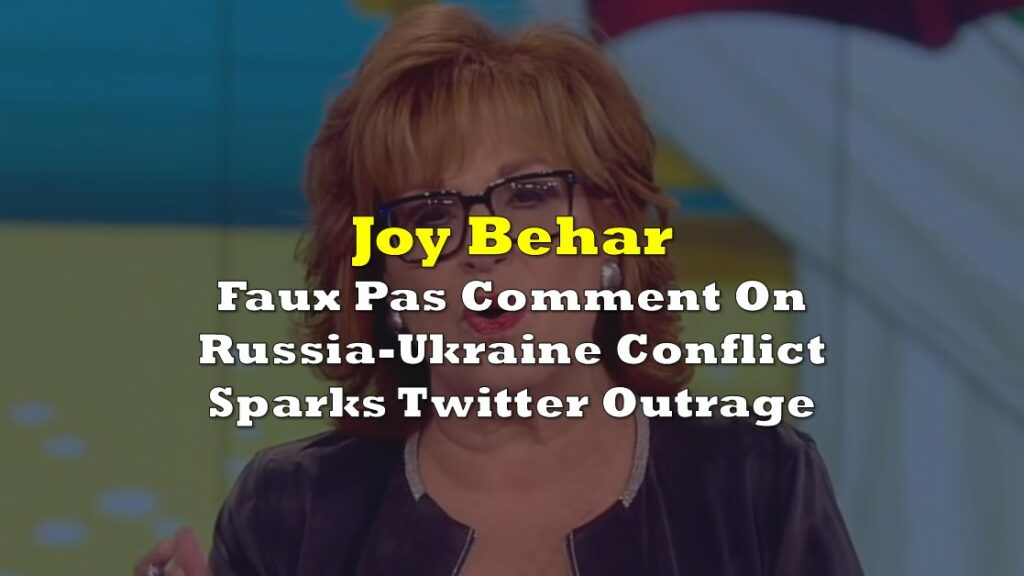Too many cooks spoil the broth–and this time, the broth might be Russia’s chances of successfully achieving its military goals in Ukraine.
Sources familiar with the scenario and intelligence say Russian military leaders are seemingly in significant disagreement on how to mount up a stronger defense against the recent offensive advances by Ukrainian troops. Conversations among Russian officers complaining to their friends and relatives back home are reportedly about decision-making being made at the capital.
The indecision led to Russian President Vladimir Putin reportedly directing the generals on the field himself, according to two sources familiar with US and western intelligence, as told to CNN. The Russian leader’s move is unorthodox as far as modern military command is concerned, with analysts taking this as a hint of the mismanagement happening on the field.
For instance, the Russian Ministry of Defense said it is redeploying its troops back towards Kharkiv in the northeastern part of the country–an area that was recently reclaimed by Ukrainian troops. But intelligence reports claim that the bulk of Russian troops still remain in the south.
The inconsistent management strategy is being argued upon whom to assign blame, with Moscow risking alienating the troops on the ground by deflecting the liability onto them and away from Putin.
“Kremlin officials and state media pundits have been feverishly discussing the reasons for the failure in Kharkiv and in typical fashion, the Kremlin seems to be attempting to deflect the blame away from Putin and onto the Russian military,” a senior NATO official said, as reported by CNN.
Compounding the confusion is a reshuffling of military leadership after the war shifted tides, putting Russia on the defensive. The NATO official relayed that a commander who oversaw units in Kharkiv had been in the post for only 15 days and has now been relieved of command.
The latest move to implement a partial military mobilization is Putin’s latest attempt to augment his weakening forces. But the order proves unpopular, stirring nationwide protests and voluminous exits by eligible Russian citizens. The government even had to order airlines to stop selling tickets and draft mobilization signups among the detained protestors just to service the Russian leader’s military goal.
That goal–relatively unclear. While Kremlin denies it, Putin allegedly rejected a brokered deal that would have Ukraine back out of its potential NATO participation back in February–the very reason the strongman cited why he feels Russia’s “sovereignty is threatened.” Instead, he continued with the plan to launch the invasion.
It also seems that Putin is not only losing the battle outside the border but also at home. Aside from the troops and citizens gradually voicing disagreements on the war, the sentiment has also reached the upper echelons of political and military ladders.
“He has terrible morale, unit cohesion on the battlefield, command and control has still not been solved,” said National Security Council coordinator for strategic communications John Kirby in a CNN interview. “He’s got desertion problems and he’s forcing the wounded back into the fight. So clearly, manpower is a problem for him.”
A number of local Russian politicians are also calling for Putin’s resignation for inflicting “harm on the future of Russia and its citizens.”
Despite all these, Putin has one last card to play–nuclear. In his rare national address on Wednesday, he also called out the west for using “nuclear blackmail.”
“If Russia feels its territorial integrity is threatened, we will use all defense methods at our disposal, and this is not a bluff,” Putin warned, adding a reminder that Russia “also has various means of destruction, and with regard to certain components they’re even more modern than NATO ones.”
While he has been threatening to use this offense before, he may be using the blackmail argument to justify the nuclear move.
Information for this briefing was found via CNN and the sources mentioned. The author has no securities or affiliations related to this organization. Not a recommendation to buy or sell. Always do additional research and consult a professional before purchasing a security. The author holds no licenses.









